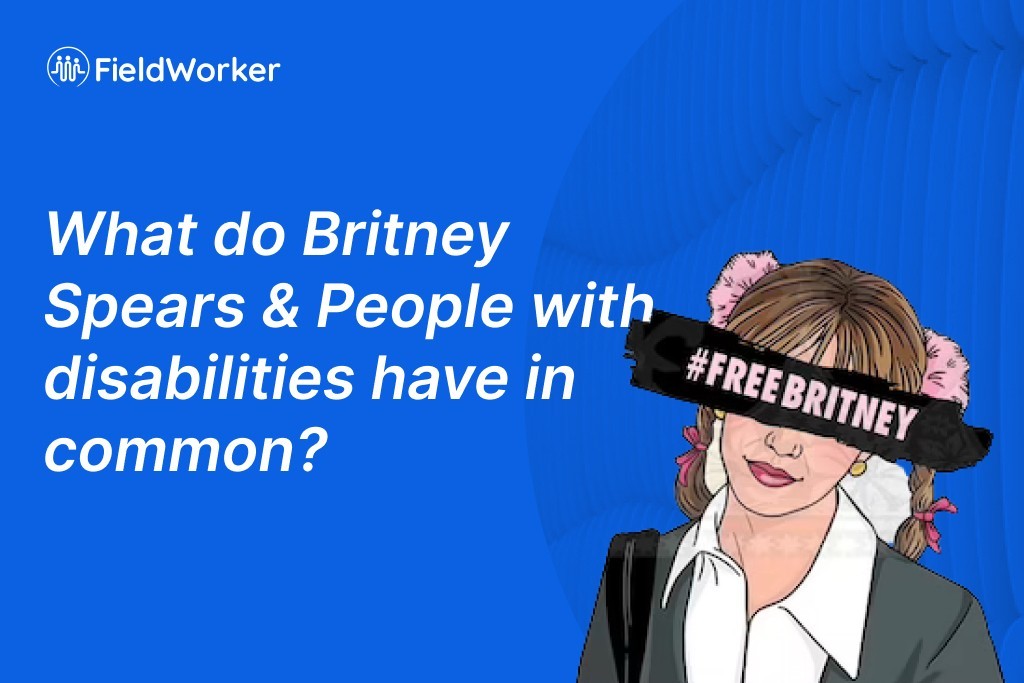We have been hearing a lot about Britney Spears, the 90s pop icon, because of all the scandal around her guardianship.
Britney believes she no longer requires assistance from her family and wants the terms of the guardianship to be lifted. However, this appears to be a lot harder than expected.
“[Guardianship] is a safety net for those who are both susceptible to financial exploitation and other harm that could come to them,” said Sally Hurme, a board member for the National Guardianship Association, which represents guardians. This alludes to the large grey area for eligibility and susceptibility of being placed under guardianship.
The process for which guardianship is granted may seem well-defined, until the time comes where the person wants to revoke it and retake control of their life. As seen with the Britney Spears case, among others, the judges are used to placing people in these programs but not well-equipped with letting them out. This can be for a number of reasons, for example, the bargaining power of social service workers isn’t strong enough or efficient processes haven’t been defined and clearly communicated.
There are “roughly 1.3 million people living under guardianships in America” according to a 2018 estimate from the National Council on Disability. For those 1.3 million people, social service workers play a significant role in volunteering clients to be placed under guardianship.
There is no accurate measure that determines the number of individuals in this 1.3 million who are trying to remove themselves from the guardianship, because they feel they shouldn’t have been placed there in the first place. Are social workers auditing the progress of a client they recommended under guardianship to then evaluate a leniency be placed? Is a judge documenting the mental health of clients over a period of time? These are important questions that not only a celebrity like Spears would want clarity on, but every other person categorized as having a disability would.
“Most states require guardianships to be reviewed annually, but critics said those reviews are often superficial and fall short in protecting those under guardianship.” This failure of due process may give rise to whether guardianship is offering protection or if it is a means for exploitation. Going back to the Spears example, since there is a lot of money involved, this is the perfect case for corruption. A way for the family to get control over her assets and use them for personal gain. While this is just speculation, conservatorships give financial control to the appointed guardian resulting in an abuse of control arising.
Many times, people with disabilities are often clubbed under a category of being unable to make their own decisions. Thus, it becomes easier to write them off as needing to be placed under guardianship, however, there are many instances where this in fact isn’t true at all. “In practice, advocates for people with disabilities say they are imposed without considering other options.” This stereotype is what contributes to the aforementioned 1.3 million number, where the majority are likely to be people with different abilities who have been classified as unfit to take care of themselves.
The topic of guardianship and wrongful appointing of the same is a topic that remains controversial. With high profile cases like Amanda Bynes, Joni Mitchell and Brian Wilson from the Beach Boys and Lindsay Lohan whose dad actually failed to get the guardianship over Lohan’s assets, the topic has now been receiving more media attention than usual.
It’s important to advocate for those who are actively expressing the desire to be removed from guardianship. A group of individuals who have the resources to be involved with assessment of the terms of a guardianship are social workers, as social workers, more often than not, are the ones with the best overview on the condition of the people placed in the situation in the first place. Rather than spending time and money on taking these cases to court or the press to garner media attention that then only results in any change, social workers as a group can leverage resources and their network to ensure these people are given a voice when they call for one.
FieldWorker empowers social workers by giving them the tools they need to provide the best care. Sign up now to start a 14-day free trial and see how FieldWorker can change the way you work for yourself.
This article is based on the article “Britney Spears’s Case Calls Attention to Wider Questions on Guardianship” published in the New York Times on July 10, 2021, Updated July 14, 2021. <https://www.nytimes.com/2021/07/10/us/britney-spears-conservatorships-guardianships.html?smid=url-share> All quotes included in this post are from the same NYT article.

